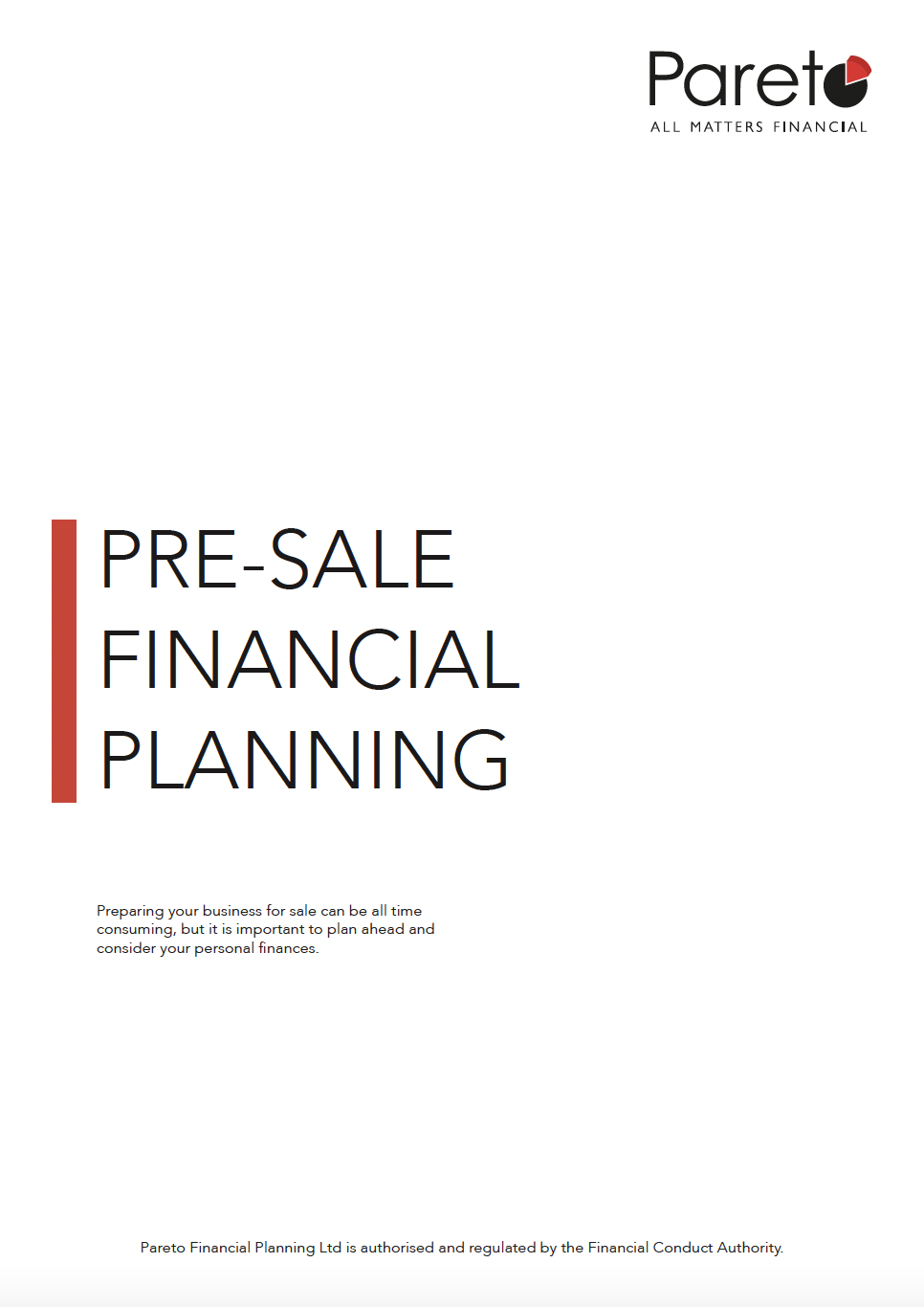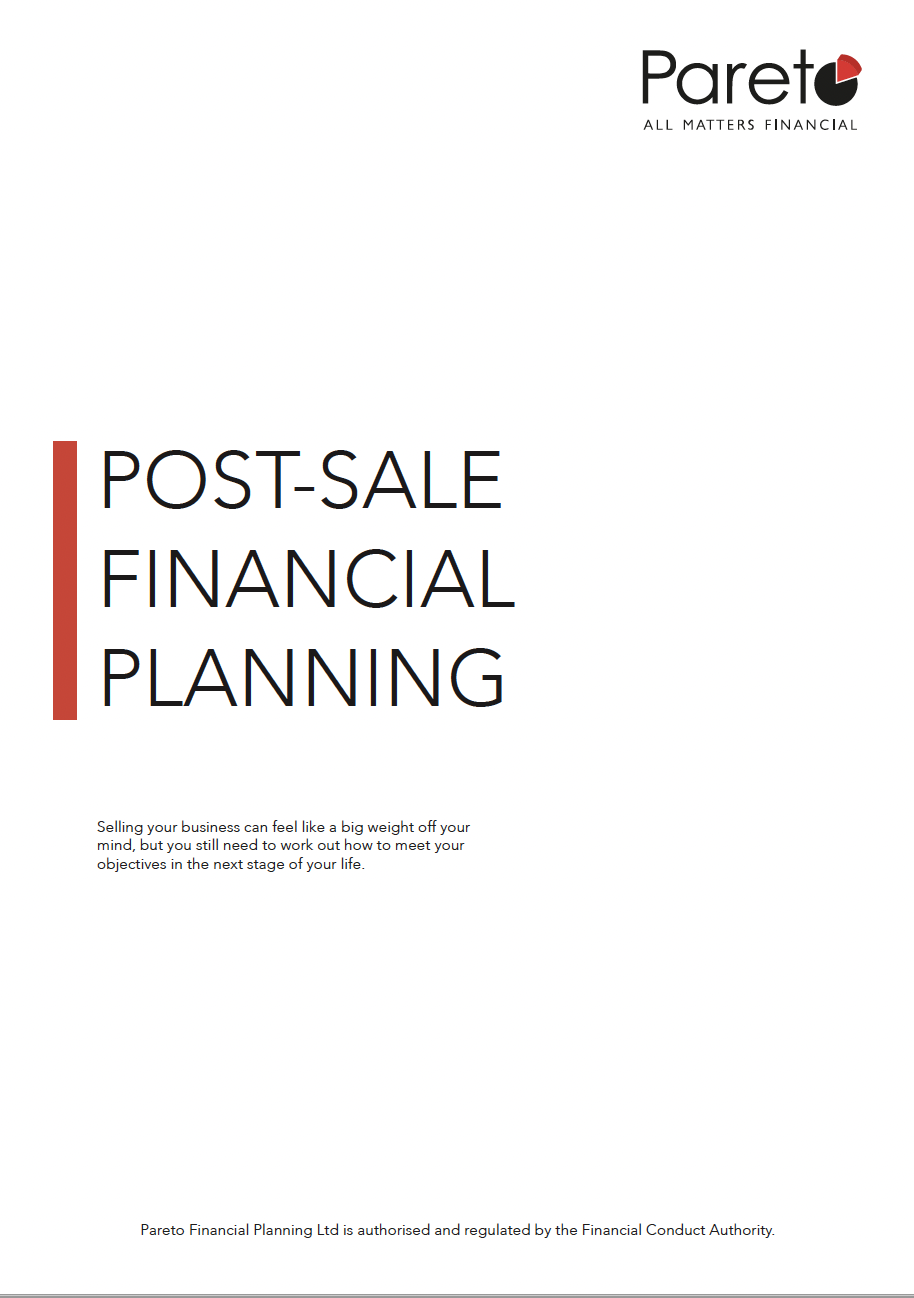Succession Planning
Overview
Creating your exit strategy
For private, owner-managed, or family-owned businesses, a solid succession plan can drive the growth of the business and set the stage for retirement. Even if you are not planning on exiting in the short term, it’s prudent to have a clear vision of what your key objectives are and how you can achieve them.
It is never too early to start planning your business succession. Plans can be adapted and refocused. They are essential in providing structure and help support your decision-making.
The earlier you start to prepare for your business exit, the better. Assess your personal objectives and those of the business and ensure a succession route is developed which satisfies them both. The right preparation, support and advice can also help alleviate the process from becoming overwhelming in what may be an already emotional time.
Pre-sale
Preparing your business for sale
The operational demands of running a business can be all-consuming, but it’s vital that business leaders take the time needed to assess their organisation’s business risk and succession planning. It is after all usually their biggest asset.
A viable succession planning process may not only be critical to business continuity but has become an important part of business interruption preparation.
When you engage in succession planning, you’re not just focusing on the future, because it’s impossible to plan for the future without a deep understanding of the present. Leaders must know the current reality of their businesses — how they operate, where the value lies, what their needs are, who their most vital customers are and why — to prepare for new leadership and new structures that can provide continuity in the ways that matter.
- What time frames are you looking at?
- What is the value today?
- How much is enough?
Making the decision to move on from your business is not an easy one. There will be hard decisions to make which are likely to take an emotional toll. But being prepared can help once you decide that the time is right.
Working without a succession plan can invite disruption, uncertainty, and conflict, and endangers future competitiveness. For companies that are family-owned or controlled, the issue of succession may also introduce emotional or personal issues and may widen the circle of stakeholders to include non-employee family members.
Read More:
The deal process
The exit mindset
You are likely used to presenting your business in its best possible light; however, this is not how buyers will view your business. Buyers will focus on the future profitability, your customer and supplier base, financial performance and forecasts and your management team.
You should sell exactly the kind of business you would want to buy. Well-documented processes, polished accounts and clearly presented management information should be available.
Your business should also be able to run without you; it will be more attractive to potential buyers and you’ll be able to make a smoother exit.
Get the right team around you
Internally, a leadership team plays an essential role in any exit success. Few business owners will reach their personal and professional exit goals if the team is below par.
Attracting, compensating, and keeping top talent can be difficult at smaller, privately-held companies. Business owners need to know in advance of their exit how to evaluate and prove that they have a strong leadership team. It is not enough to only build a strong leadership team, business owners must also prove it to potential buyers.
Our advisers
Your adviser will work with you to understand your current situation and appetite for risk. All of the advice given will be tailored to you, your circumstances and your objectives.
You will be supported throughout your financial planning journey from setting long-term financial goals and working towards targeted growth, right through to retirement and taking income.
Life after exit
The next chapter
After the post-deal celebrations and holidays are over, precisely what happens next is tougher than many anticipate.
For many, the transition from a demanding business environment or the intensity of a deal to a new post-deal lifestyle is harder than anticipated. It takes time to settle into a new lifestyle and it is important to think about what your and your family’s future expectations might look like.
Investing post sale
When the time comes to sell, it’s important to not only prepare your business but also make sure that the wealth you receive from the sale is protected and managed correctly to help you achieve your personal financial goals.
Regardless of the amount you receive from the sale of your business, it’s vital to identify the direction you wish to take your funds and how it will benefit you, your family and your estate.
Grow Your Profits
A cash flow model will show if the income from the sale will be enough to support you and your family and achieve your post-sale goals. You may also wish to maximise your wealth to pass on to your children.
There are a number of options for investing surplus funds depending on your objectives, risk tolerance and time scales. A financial adviser will be able to advise you on the available options for your situation.
Estate Planning
The value of shares in a private trading company that qualify for business property relief (BPR) is protected from the charge to IHT on death. Once the shares have been sold, this protection is lost and the cash is fully exposed to IHT at 40%.
It is important to consider how best to approach your finances to mitigate unnecessary inheritance tax exposure. For instance, you may consider a Family Investment Company (FIC) as a way to pass down wealth to future generations through a tax-efficient vehicle.
To discuss estate planning options please speak to your adviser or contact us.
Read More:
Personal circumstances differ and not all of this information is applicable to every client and/or their business, this information is general in nature and should not be relied upon without seeking specific professional financial advice.
Tax and Estate Planning Services are not regulated by the Financial Conduct Authority. Business relief and AIM Portfolio products should be regarded as high risk as there is a potential for loss of assets.























